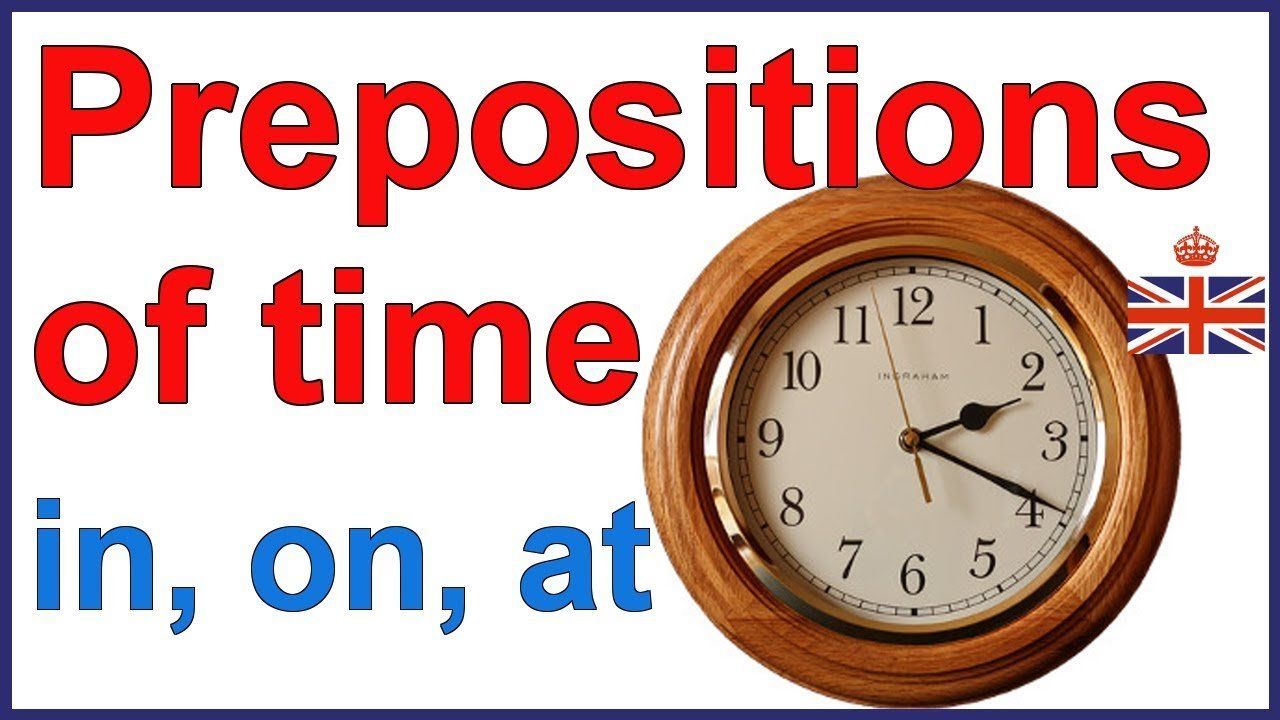Some idiomatic expressions about WORK.
Chenan Africa • 29 juin 2018
Idiomatic expressions are a type of informal English that have a meaning different from the meaning of the words in the expression. They are frequently used by native English speakers and by using it, you'll sound like one.

- All work and no play makes Jack a dull boy.
This is a proverb which means that it is not good to work all the time and that people may get bored if they don't get some time off from work.
Example 1: At Chenan Languages Centre, every Friday afternoon we have fun activities such as Karaoke because all work and no play makes Jack a dull boy.
Example 2: I think you need to go out and have some fun. You know all work and no play makes Jack a dull boy.
- Back to the salt mines.
If you go back to the salt mines, it means you have to return back to the workplace.
Example 1: The weekend is over. It's time to go back to the salt mines.
Example 2: Tomorrow's Monday and I'm going back to the salt mines.
- To burn candles at both ends.
If you burn candles at both ends, you work very hard, day and night.
Example 1: Steve Jobs had to burn candles at both ends to give Apple its status.
Example 2: She has been burning candles at both ends to finish a book about the history of Ghana. - A woman's work is never done.
The proverb "a woman's work is never done" means that a woman often works longer hours than a man because the housework and raising children are jobs that never end.
- To get the sack or To get/be sacked or to get/be fired
It means to be dismissed from employment.
Example 1: Argentina coach Jorge Sampaoli is likely to get sacked after the World Cup.
Example 2: She was always late at work so she got fired this morning.
Example 3: Nana was fired because he couldn't meet his deadline.
- To work like a charm
It means to work very well, to be completely successful or effective
Example 1: The new marketing strategy worked like a charm!
Example 2: I've installed a new game on my computer and it works like a charm! - To break your back
If you break your back to do something, it means you're working very hard to do it.
Example 1: I'm going to break my back for this exam.
Example 2: If you want to be successful in life, you need to break your back. - A cold piece of work
When someone is a cold piece of work, it means that the person is difficult to deal with.
Example 1: Did you see how she treats her husband? She is a cold piece of work.
Example 2: This child is such a cold piece of work: He doesn't respect his parents at all.
Example 3: Everyone was happy when she left because she was such a cold piece of work. - Dirty work or to do the dirty work
This refers to unpleasant or dishonest work that's given to someone else to undertake.
Example 1: Peter always has to do the dirty work.
Example 2: She thinks there's some dirty work going on in her company.
- Hustle and bustle
The phrase hustle and bustle refers to a busy activity usually in a noisy surrounding.
Example 1: There's less hustle and bustle in Koforidua than in Accra.
Example 2: He doesn't like the hustle and bustle of the big cities.

Prepositions need to be learnt in context with the other words that they’re used with. Trying to understand why we say “in the car” and “on the bus” will only end in tears and frustrations! By learning the phrase “in the car” together, all together, will make it easier to remember it and also to get it right every time. AT Use “at” for very specific times. Clock times for example. The train arrives at 3:30. The game will start at 5:30. I’ll be there at noon or at dawn All of these words refer to specific time but we can also use “at” with other specific times of the day, like: Kofi doesn’t like eating at night. I’m going shopping at lunchtime Let’s talk about the weeding at dinner tonight. NB: We also say AT the moment, AT night. IN This preposition of time is used to discuss months, seasons, years, centuries, general times of day, and longer periods of time such as “in the past.” I was born in 1943 He’ll visit my brother in October. He grew up in Cotonou NB: We say In the morning , in the afternoon , in the evening BUT at night . We can also use “in” to explain when something will happen in the future. I’ll be done in five minutes. He’s gone away but he’ll be back in a week You can move out in twenty days. ON In English we can use this preposition for specific descriptions of time. Most commonly with days of the week and parts of the week. We are having an exam on Monday morning. My birthday is on the 11th of December We're coming to your house on Christmas day. NB: When you’re talking about festivals and about special periods of time, you can use “ at ”. Are you going home at Christmas? So that’s talking about the time around Christmas NOT Christmas day. If you’re referring to the specific day, you need to use “on”. On Christmas Day. On New Year’s Eve. What are you doing on New Year’s Day? What are you doing at New Year’s? When you use at New Year's, you're referring to the period of time around the New Year holiday. On the weekend: is more common in American English At the weekend: is more common in British English. BY You can use “by” with the end time of an activity. It means no later than. So when you use "by" with a specific time, it can mean on or before that time. You have to submit your homework by Wednesday. This example means that you can submit your homework on Monday, Tuesday and Wednesday. Not later than that. RECAP: “At” is generally used in reference to specific times on the clock or points of time in the day. “In” generally refers to longer periods of time. “On” is used with dates and named days. “By” is used with times and named days of the week, but specifically, telling us an end time.



